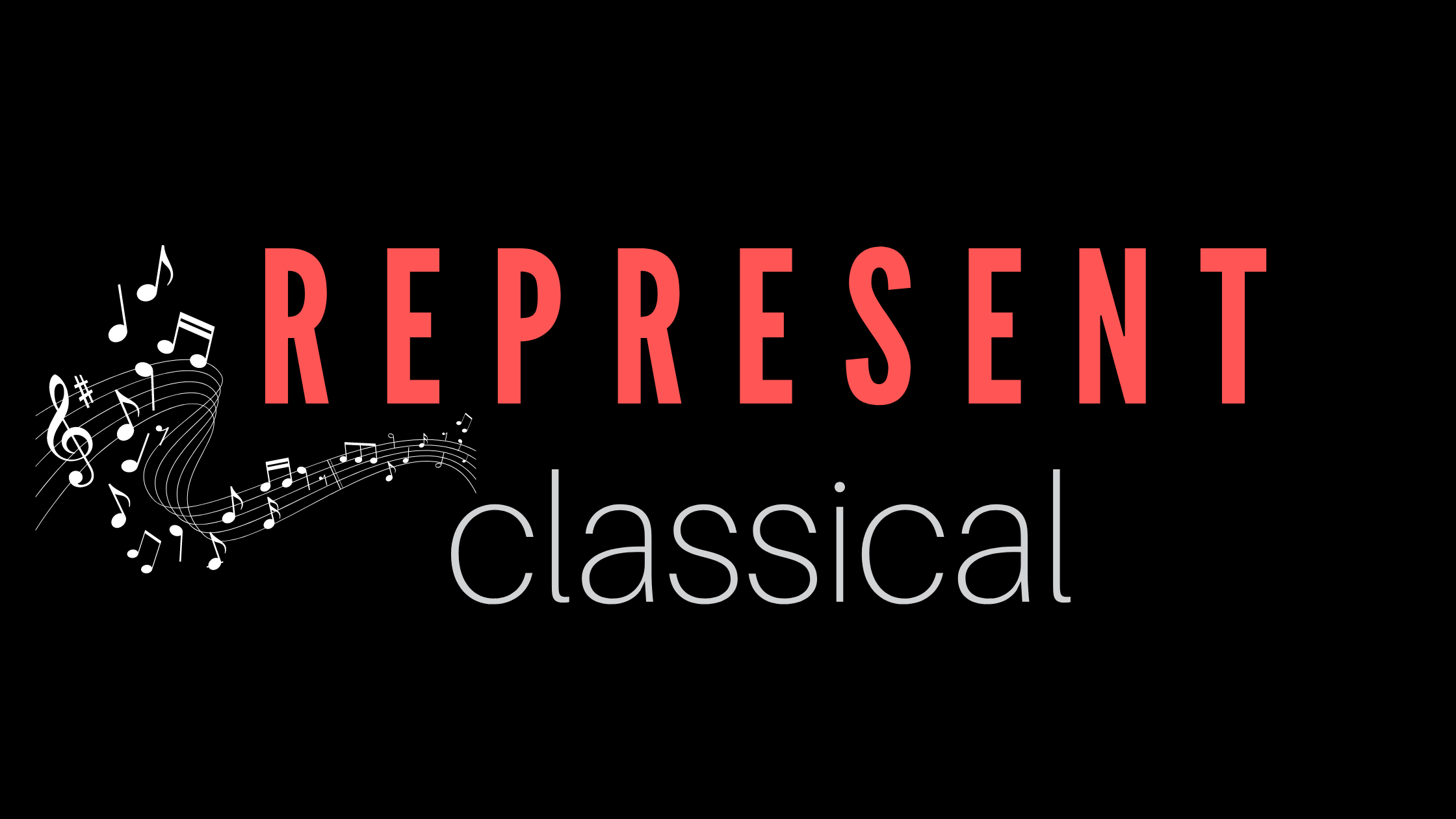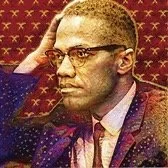Inspired by the viscerally provocative poem, "Here, Bullet" by Brian Turner, the art song of the same name by composer Kurt Erickson is, among many things, a plea for western classical arts spaces to directly address gun violence.
Read MorePianist Josh Tatsuo Cullenhas recorded an entire album of Florence B. Price's music for solo piano, specifically pieces that were discovered in 2009 at the composer's summer home after her death.
"Scenes in Tin Can Alley: Piano Music of Florence Price" (Blue Griffin) was released on June 3.
Read MoreWhile this story may seem inappropriate, exaggerated, and even far-fetched for many classical concert goers, the reality of gun violence is becoming more widespread and normalized across American society. As of mid-July, 2022, over 300 mass shootings had been reported in the United States, with associated deaths stacking up to over 60. Orchestral and opera venues have long been considered “safe spaces” where issues of systemic racism, patriarchal norms, and class division (among others) have been pushed to the proverbial nosebleeds, but as the issue of gun violence continues to grow, so should the attention that arts institutions are paying this issue.
Read MoreWith the ever-growing awareness and celebration of Juneteenth, let it shine as an example of what’s possible through our collective diversity. Let Juneteenth, and the evolutions of music and culture that it has inspired, be something we all celebrate.
Read MoreThe opera, written by Pulitzer Prize-winning composer Anthony Davis, debuted in 1986. This new performance will be staged just a short distance from the house in the Roxbury neighborhood where Malcolm X (1925-1965), born Malcolm Little, lived during his formative adolescence.
Read MoreEach episode of Represent Classical's “Conversations” series features in depth interviews with industry leaders, notable musicians, movers, shakers, and innovators.
Featured in this episode: Nnenna Ogwo – pianist and Founder and Artistic Director of JuneteenthLP
Read MoreDo you remember the first time you went to go see a live production of an opera? Maybe it was during a school field trip, or for a date that you wanted to impress. I’ve met people whose first experience in an opera house was born out of a pure curiosity that led to the purchase of a ticket.
Everyone has a different story about their introduction to this art form, but what isn’t engaged as much is the residual emotional impact of said introduction. For me, the introduction came by way of performing on the stage, but I wasn’t able to measure the emotional impact opera had on me until I engaged opera as an audience member.
Read MoreThe new “2022 Orchestra Repertoire Report” says that over the last several years there’s been an increase in how often American orchestras perform works by composers of color, women composers, and living composers. The report also examined programming trends dating back from 2015 to the current season.
The study was produced by SUNY Fredonia’s Institute for Composer Diversity, in partnership with the League of American Orchestras, with support from the Sphinx Organization’s Venture Fund. Data for the study was gathered from season announcements and the websites of medium and larger budget orchestras.
Read MoreFounded by Jennifer Arnold, Alexander Laing, David A. Norville, Joy Payton-Stevens, Shea Scruggs, Weston Sprott, and Titus Underwood, the Black Orchestral Network describes itself as “a community of Black orchestral artists” who “love and care about the American orchestral community.” However, with that love comes concern. BON sees the relative lack of Black talent in professional orchestras as a huge problem and has entered the arts activism field with not only a mission, but with a call to action.
In BON’s formal call to action, the organization offers some of the context that inspired their very direct approach, namely, a 2014 statistic that highlights the fact that less than 2% of American orchestral musicians are Black.
Read MoreThe Women Composers Festival will highlight performances by dozens of women composers on May 27 at The Church of the Epiphany in Washington and May 28 at AMP by Strathmore in North Bethesda, Md.
The two-day event is hosted by Boulanger Initiative, a nonprofit whose mission is to promote music composed by women through performance, education, research, consulting and commissions. Boulanger Initiative advocates for women and all gender marginalized composers.
Read MoreAsian Musical Voices of America and PAO Arts Center present “Our Objects and Possibilities”, a concert celebrating AAPI composers and performers on Friday, May 6, 7:30 p.m. to 9:00 p.m. at the PAO Arts Center at 99 Albany Street in Boston, MA.
Works by Ken Ueno, Iman Habibi, JungYoon Wie, and Michael Thomas Foumai will be featured.
Performers include violinists Lucia Lin, Jae Lee, and Hyeyung Sol Yoon, violist Sarah Darling, cellist Leo Eguchi, and harpist Charles Overton.
Read MoreThe George Walker Center for Equity and Inclusion in Music opened April 16 at the Eastman School campus at the University of Rochester campus.
The dedication included remarks by University of Rochester President Sarah Mangelsdorf; Jamal J. Rossi, Joan and Martin Messinger Dean at Eastman; Ian and Gregory Walker, sons of George Walker, and others, as well as performances of Walker’s chamber music works.
Read MoreThe four day “Bent Not Broken” choral conference highlighting the works of Black choral composers will take place April 27 to 30 at Grace United Methodist Church in Wilmington, DE.
Organized by The Choir School of Delaware, the event will feature the American Spiritual Ensemble, led by conductor Everett McCorvey; EXIGENCE, led by conductor Eugene Rogers; Westminster Choir College Jubilee Singers, led by conductor Vinroy J. Brown, Jr.; the St. Thomas Gospel Choir; and the Choir School of Delaware, with conductor Jason Max Ferdinand.
The event will include a variety of workshops and seminars led by distinguished guest lecturers, and an Honor Choir of choristers age 12+ from youth community choirs, conducted by Alysia Lee and Maria Ellis.
Read MoreSNL has pushed ahead in making sure it stays competitive by inviting crowd favorites to its stage, with the latest being Melissa Viviane Jefferson, known by most people as Lizzo, who hosted the show on April 16. With her flute always close by, Lizzo’s opening monologue, her pair of incredible, full-bodied musical performances, and her natural ability to make people laugh gave SNL yet another reason to believe in the power of engaging the “now”.
Through it all, the flute traveled with her, and remains a vital part of her musical identity. To date, Lizzo’s unique approach to music has had broad impact, with much of her work inspiring body positivity, emotional health, and in the latest episode of SNL: an indictment of western classical music.
Read More













